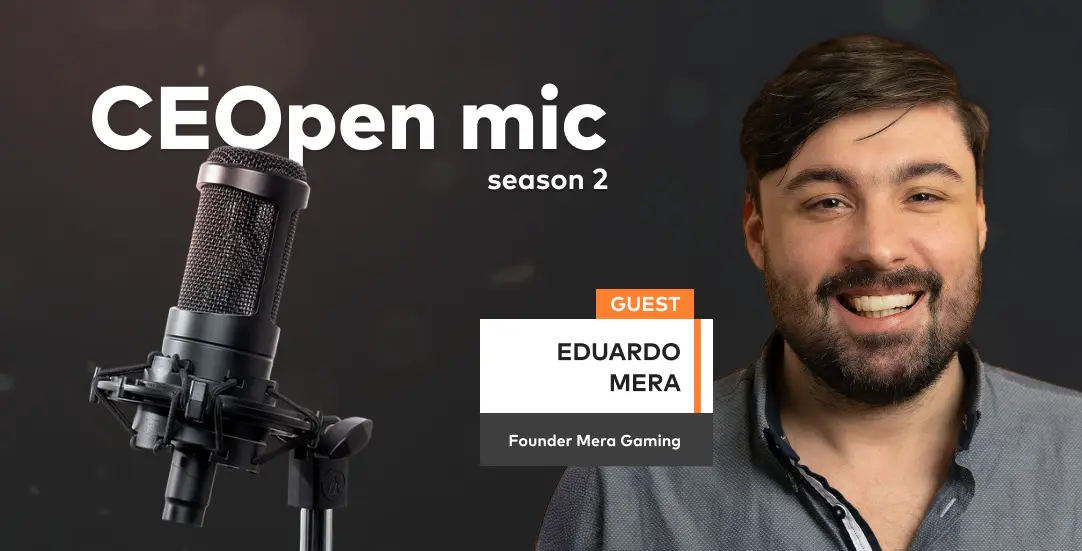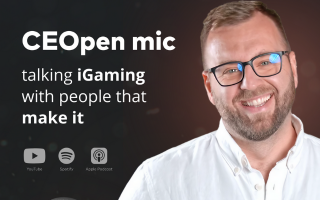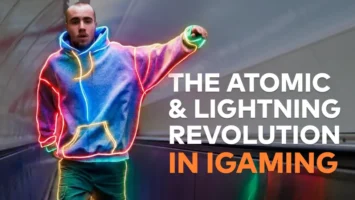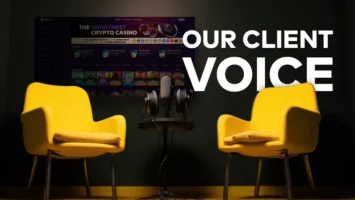The Unexpected Journey of an iGaming Entrepreneur

The iGaming industry is a whirlwind of opportunity and challenge. But what does it really take to succeed? We sat down with Eduardo Mera, a seasoned iGaming professional, to uncover the raw, unfiltered truth behind building a thriving business in this dynamic sector. His story is a testament to resilience, adaptability, and the unexpected paths that can lead to entrepreneurial triumph.
The Barbershop to iGaming pipeline – A recurring theme?
Eduardo’s journey isn’t unique. He shares a surprising commonality with another successful iGaming entrepreneur, Leonardo Benitez – both started their careers in… barbershops! This seemingly unrelated beginning highlights the diverse backgrounds that can fuel success in the industry. Eduardo’s early career focused on computers and online marketing, a natural progression from his initial foray into social media management for a barbershop. This five-year stint solidified his passion for marketing and sales, setting the stage for his future endeavors.
A winding road to entrepreneurship
Eduardo’s career path wasn’t a straight line. He navigated the ups and downs of cold sales, a stint in customer service and quality assessment at BadClick in Malta, and even a foray into the Brazilian B2C operator market (which ultimately failed due to investor focus on cryptocurrency). He then worked for BigSpec in Brazil, honing his skills in CRM and affiliate development, before ultimately becoming CMO for a company outsourcing services to Brazilian startups. These experiences, both successful and challenging, provided invaluable lessons and prepared him for the ultimate leap – starting his own business.
The reality of entrepreneurship – Beyond the Instagram highlights
Eduardo doesn’t shy away from the harsh realities of entrepreneurship. It’s not all glamorous Instagram posts and effortless success. He describes the constant self-doubt, the loneliness of the journey, and the immense stress that comes with wearing multiple hats. This resonates deeply with our co-host, a seasoned business professional with 20 years of experience, who admits to his own moments of self-doubt and the constant need to “fake it till you make it.”
Building a business without a blueprint
Eduardo’s approach to business is refreshingly unconventional. He didn’t start his company with a meticulously crafted exit strategy or a five-year plan. His motivation stemmed from a deep-seated desire to create, build, and capitalize on opportunities. He acknowledges the inherent risk and initial fear, but the reward – the positive feedback loop of creating something successful – far outweighs the challenges. This resonates with our co-host, who shares a similar approach, prioritizing the joy of building over rigid long-term plans.
Navigating the three-legged stool – Diversification and resource allocation
Eduardo’s company operates across three distinct verticals: an affiliate network, media buying (campaigns on Facebook, Google, etc.), and consulting for startups. This diversification, while challenging, allows for flexibility and resilience. He emphasizes the interconnectedness of these verticals, viewing his business holistically rather than compartmentalizing it into separate entities. This approach requires constant adaptation and resource allocation, shifting focus based on performance and market demands.
KPIs – Structure without suffocation
While Eduardo acknowledges the importance of Key Performance Indicators (KPIs), his approach is refreshingly pragmatic. He uses KPIs for internal operations, employee motivation, and self-assessment, but avoids the pressure-inducing trap of overly ambitious, short-term targets. His focus is on long-term direction and sustainable growth, not breakneck speed. He prioritizes mastering people management and building strong internal processes before focusing solely on scaling the business.
The value of experience, and the importance of “Just Doing It”
Eduardo’s advice to aspiring entrepreneurs is simple yet profound: “Just do it.” He emphasizes the importance of learning from mistakes and embracing the inevitable challenges. He also highlights the crucial balance between work and personal life, a lesson learned through experience. The conversation underscores the importance of seeking advice from experienced peers rather than relying on well-meaning but often unhelpful counsel from family and friends.





















